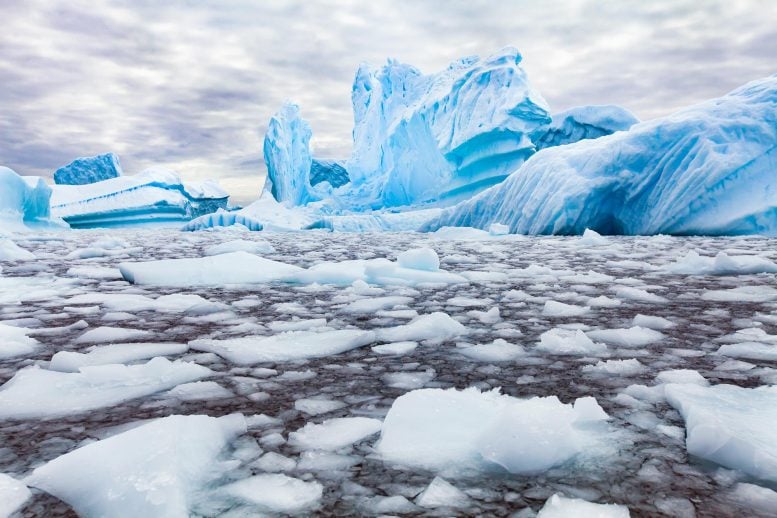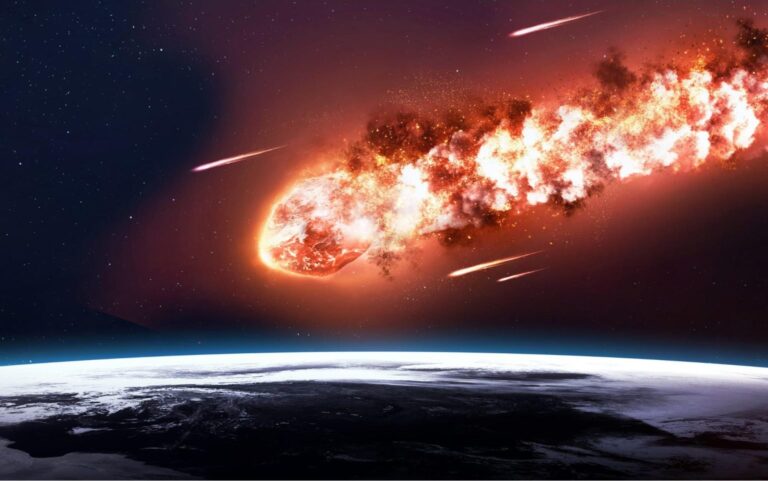Glaciers are melting at unprecedented rates, but a groundbreaking study has revealed a critical flaw in how scientists have predicted the impact of this melting on global sea levels.
This flaw could mean that current projections significantly underestimate the risks to coastal cities and ecosystems.The study, conducted by a team of glacier experts, focuses on the mechanics of glacier melting, particularly the interactions between glacier grounding lines and the intrusion of warm ocean currents.
Grounding lines, where glaciers meet the seabed, are far more sensitive to temperature changes than previously thought. The research highlights that as ocean temperatures rise, grounding lines retreat rapidly, destabilizing entire glacier systems and contributing to accelerated ice loss.Impacts on Global Sea LevelsThe findings suggest that sea levels could rise more quickly and unpredictably than models currently project.
This poses significant risks for densely populated areas, such as Miami, New York, and Bangkok, as well as low-lying nations like the Maldives and Bangladesh. Coastal flooding, saltwater intrusion, and loss of infrastructure are just some of the cascading effects that could follow.A Call for ActionThis research calls for an urgent update to climate models, incorporating more detailed glacier dynamics and real-time monitoring.
It also emphasizes the importance of reducing greenhouse gas emissions to slow global warming and investing in adaptive measures like seawalls and flood management systems.
The message is clear: the science of sea-level rise is evolving, and so must our response.
Stay updated to ensure you’re informed about the latest findings and their implications for our world.

















+ There are no comments
Add yours